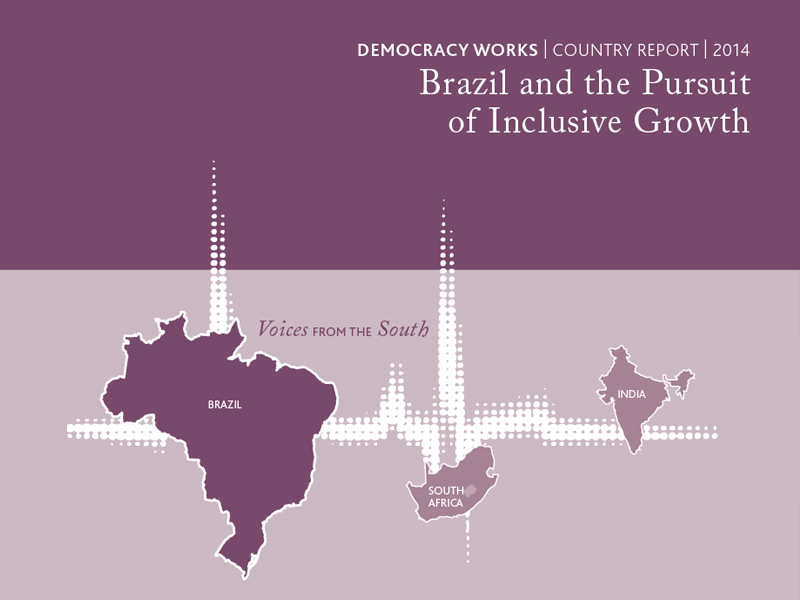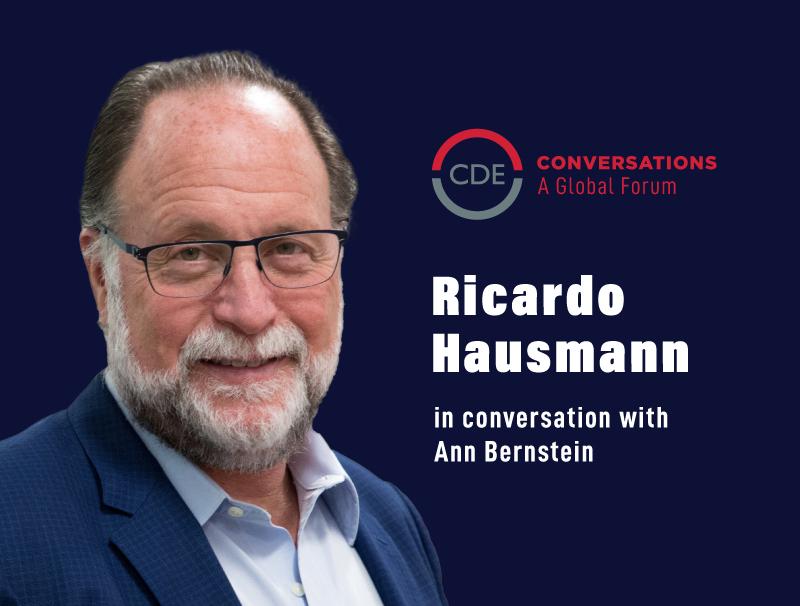Key Points:

- Brazil’s economic trajectory since the start of the twentieth century has been highly uneven, with periods of strong growth followed by severe economic crises. Democracy Works: Brazil and the pursuit of inclusive growth, outlines Brazil’s attempts to promote growth, reduce poverty, stimulate innovation and keep corruption in check.
- In 2012, Brazil had 6.5 million persons living in extreme poverty and between 15.7 million in poverty, compared with 19.1 and 44 million respectively in 1992.
- Democratisation allowed for the urban (85% of the population is urban) and rural poor to get organised and demand better support and living conditions, and politicians realised that they had to respond to these demands if they wanted to attract votes, with education initiatives being at the forefront of this development.
- However, most of the reductions in poverty and income inequality that took place after 1990 are due to broad processes of economic growth and demographic changes, rather than to specific anti-poverty policies.
- Democracy has, therefore, had a dual effect on Brazil’s gradual move away from a state-dominated economy to a private-sector driven economy.



